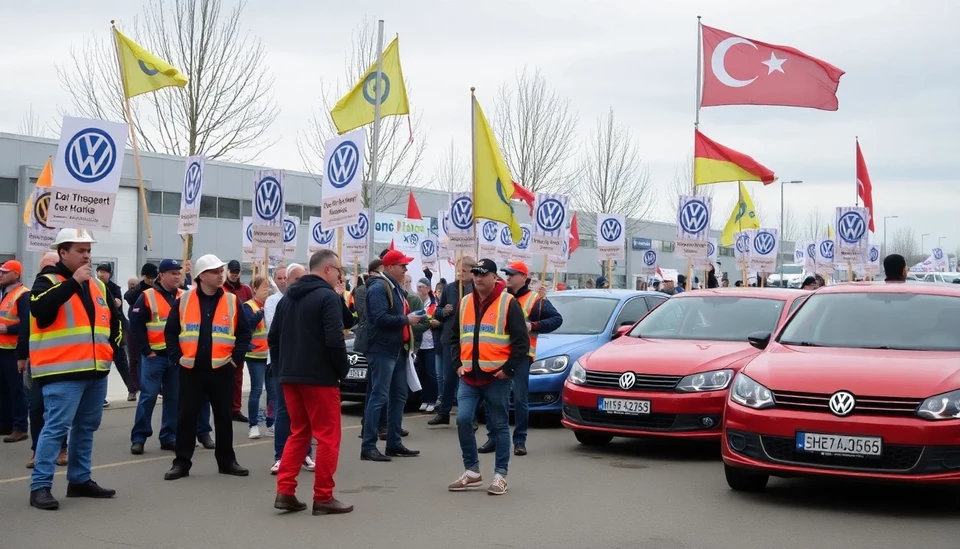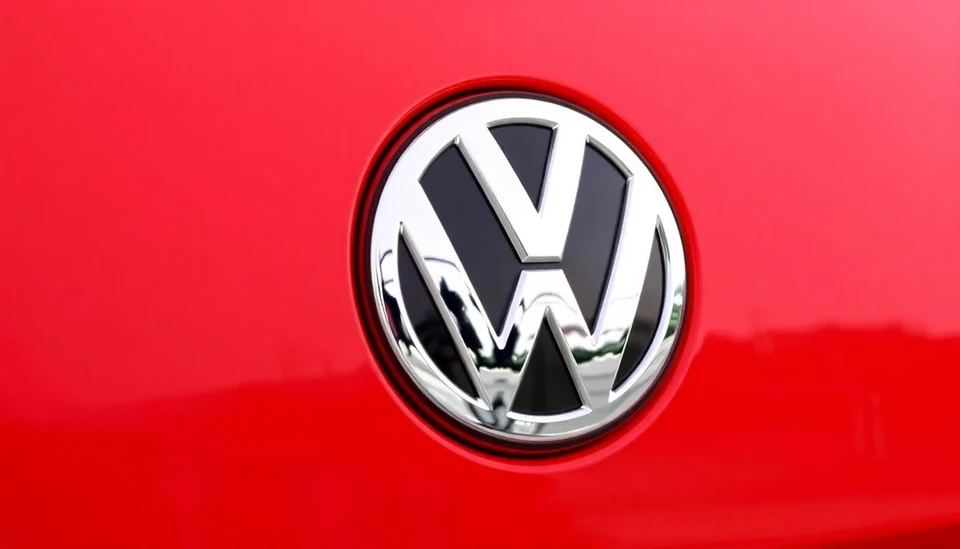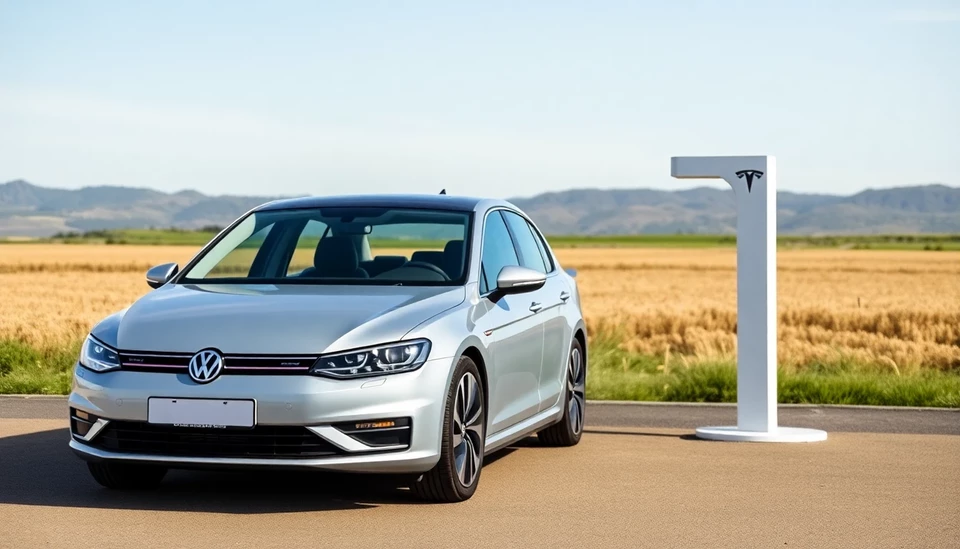
Volkswagen AG is facing significant unrest among its workforce as workers have initiated walkouts in response to the company's recent announcement of a strategic shift aimed at reducing costs. The automaker's decision to implement stringent cost-cutting measures in Germany has sparked a wave of protests, highlighting the tensions between management goals and employee concerns.
The walkouts commenced across multiple Volkswagen facilities in Germany, with workers expressing their discontent over potential layoffs and restructured jobs as part of the cost-reduction strategy. This move has raised alarms not only about job security but also about the future operational dynamics within the brand that has been emblematic of German automotive engineering prowess.
Volkswagen's leadership, including CEO Oliver Blume, has justified the need for these drastic measures by pointing to the evolving automotive landscape, characterized by fierce competition, the push for electrification, and the need to adapt to new market realities. The company has set ambitious targets to enhance profitability and maintain its competitive edge; however, these goals are now being met with considerable pushback from labor groups.
Union leaders have been vocal about the sacrifices they feel are being unfairly placed upon employees. They argue that while the company seeks to optimize its financial performance, the workers are the ones facing the brunt of the consequences, leading to a growing rift between the workforce and management. The unions are calling for negotiations to ensure that the rights and jobs of workers are preserved and that they are adequately compensated for their contributions to the company’s success.
As the walkouts continue, VW's production capabilities are being tested, putting pressure on the automaker that has already been navigating supply chain disruptions and transitioning toward electric vehicle production. The situation is further complicated by the broader context of labor movements across various industries, where workers are increasingly standing up against perceived unfair treatment and seeking better working conditions in a rapidly changing economic environment.
The future remains uncertain as both sides prepare for potential negotiations. The outcome of these protests and discussions will be crucial not only for Volkswagen's immediate operational strategy but also for the long-term relationship between the company and its workers, setting a precedent for the automotive sector in Germany and beyond.
With the automotive industry in a transformative era, the importance of aligning corporate objectives with employee welfare has never been more critical. The ongoing strife at Volkswagen serves as a reminder of the challenges that companies face when navigating modernization amidst workforce expectations.
As both the company and the employees brace for what lies ahead, the situation remains a focal point of interest in the global automotive sector. How VW balances its cost-cutting strategies with the need for a motivated and secure workforce will likely impact the reputation and stability of the brand for years to come.
#Volkswagen #VW #CostCutting #WorkerWalkouts #Germany #AutomotiveIndustry #LaborRelations
Author: John Harris




